https://youtube.com/watch?v=q90JYGxk5xw
The company is now marketing software to help banks and online stores distinguish good users from criminals.
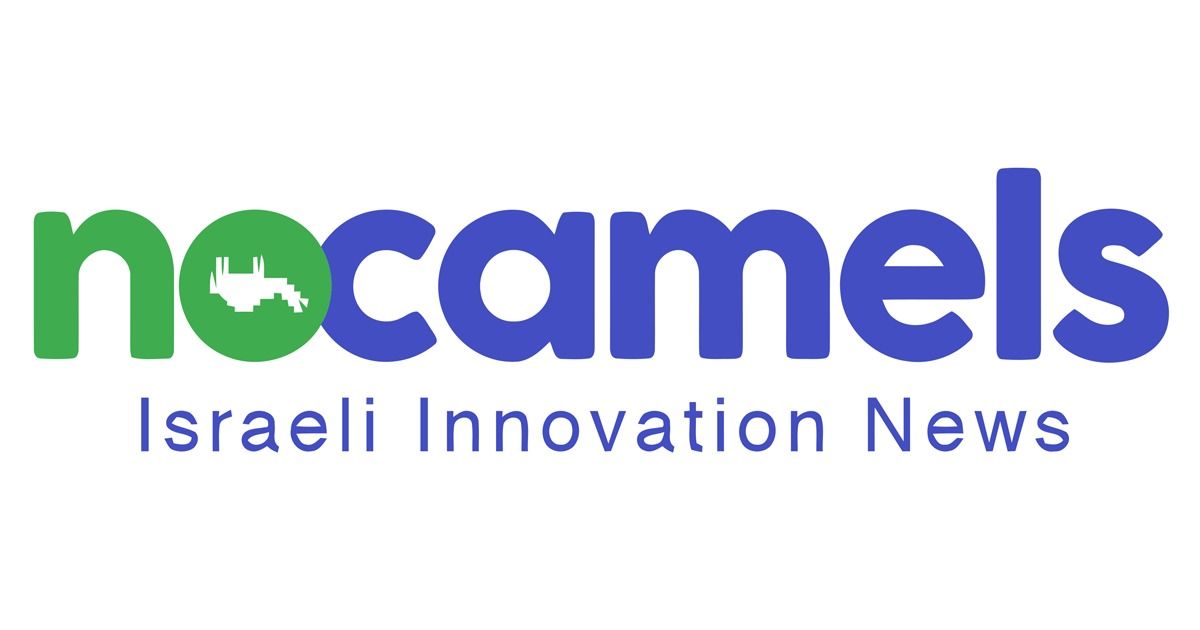
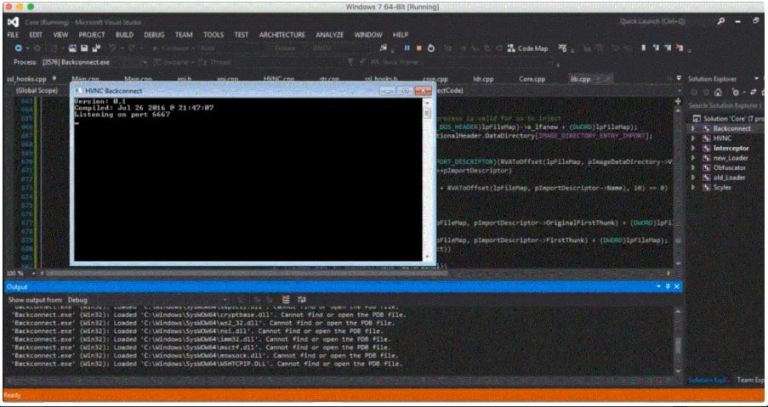
For Sale: A Scylex malware Kit please contact your nearest Dark Web for details.
Experts from Heimdal security firm discovered a new crimeware kit, the Scylex malware kit, that aims to provide Zeus-grade Capabilities.
Security experts from the Heimdal security firm have discovered a new DIY financial crime kit offered for sale on a notorious malicious hacker forum on the dark web called Lampeduza.
The new crime kit, dubbed Scylex malware kit, allows cyber criminals to roll their own ZeuS-like malware. The malware implements the features of common banking trojan, such as stealing online banking passwords, intercept web traffic and of course establish a backdoor on the infected Windows-based machine.
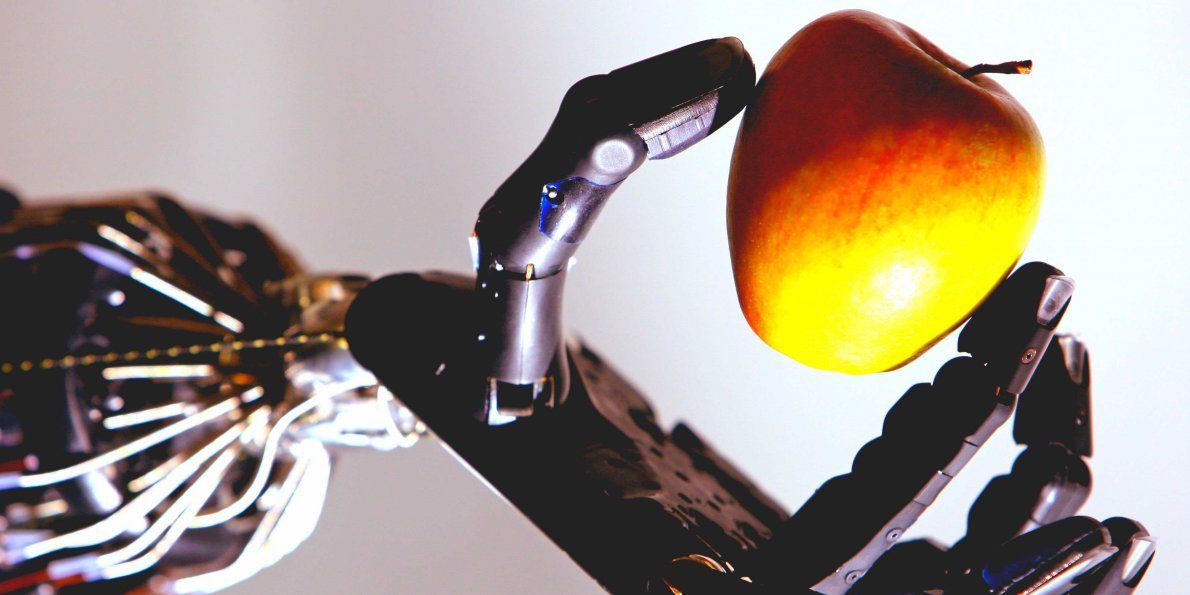
Like this article; there is 2 more pieces missing from the roadmap for 2010 & beyond and that is Biocomputing & Singularity. Biocomputing will provide the financial industry (banks, trading firms, accounting & audit firms, bond insurers, etc.) the ability to expand information/ data storage and transmission capacities like we have never see before just look at what Microsoft, Google, Amazon, etc. have done with DNA storage. And, the much loved Singularity enables boosting of knowledge and insights as well as more mobility and access to information as they need it. BTW — Biometrics is NOT the same as Biocomputing; biocomputing goes well beyond security/ identity management.
The influential non-profit rates these technologies alongside the PC, the internet, and smartphones in terms of their potential to transform financial…

“Waves of virtual reality and augmented reality startups have their funding. Venture capitalists invested $1.7 billion in the AR/VR sector in the 12 months ended March 2016, and $1.2 billion of that was invested in the first quarter of this year alone, according to Digi-Capital.”
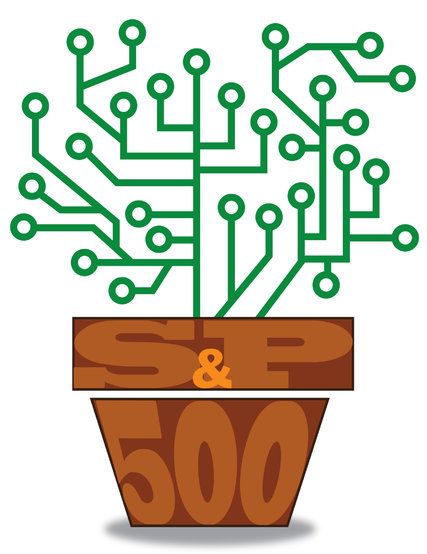
“These days every company is a tech company, but some have better niches, faster growth, more attractive offerings or more favorable share prices than others.”
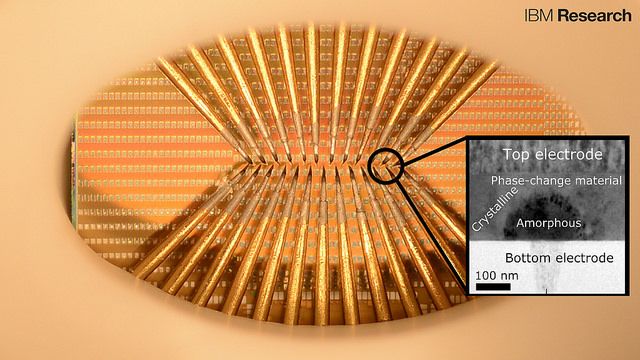
Scientists at IBM Research in Zurich have developed artificial neurons that emulate how neurons spike (fire). The goal is to create energy-efficient, high-speed, ultra-dense integrated neuromorphic (brain-like) technologies for applications in cognitive computing, such as unsupervised learning for detecting and analyzing patterns.
Applications could include internet of things sensors that collect and analyze volumes of weather data for faster forecasts and detecting patterns in financial transactions, for example.
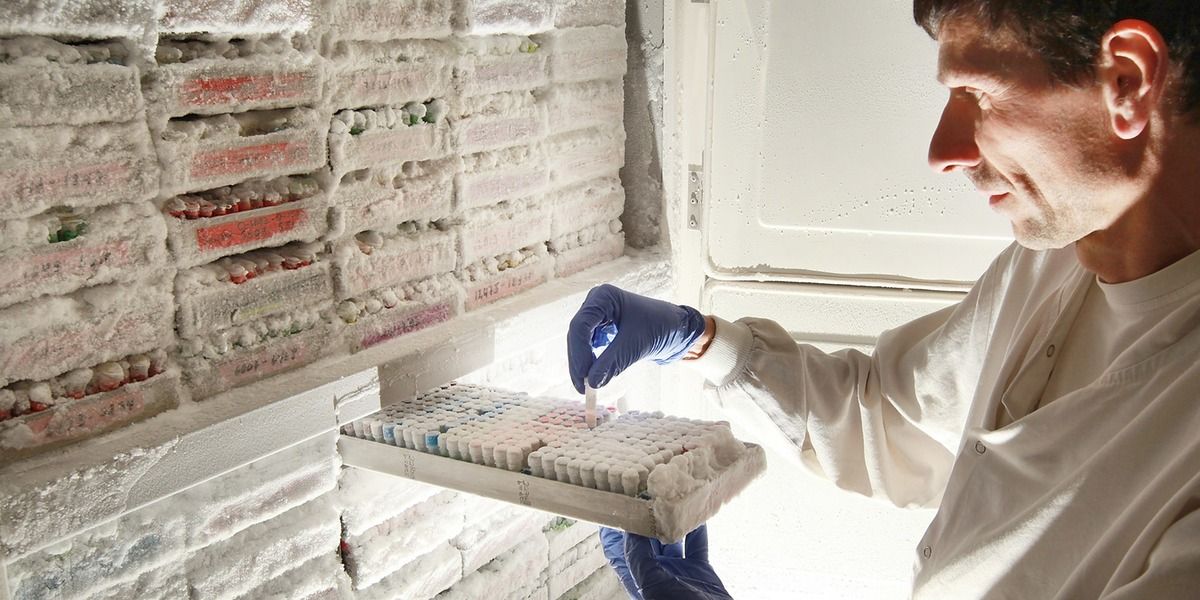
Luv this.
The University of Bristol’s Quantum Technology Enterprise Centre (QTEC) is looking to recruit its first cohort of Enterprise Fellows that will be the next generation of quantum technology entrepreneurs.
Merging training in systems thinking, quantum engineering and entrepreneurship, QTEC will provide the necessary skills for budding innovators to develop their own business ideas and for them to branch out into the emerging field of quantum technologies.
The Centre, which is the first of its kind in the world, was funded as part of the UK’s £270 million investment into quantum technologies. These technologies exploit the laws of quantum mechanics to create practical and useful technologies that will outperform their classical rivals and that have the potential to transform artificial intelligence, healthcare, energy, finance, cyber security and the internet.
Sad for Russia.
President Vladimir Putin and other Russian officials dream of a technological leap that could immediately close the gap between Russia and more advanced economies, as Sputnik did for the Soviet Union. The hyperloop, a kind of train in a tube that can reach speeds of up to 700 mph, fits that dream, and a well-connected Russian businessman has invested in it — only to see the project become embroiled in a lawsuit involving a Silicon Valley startup’s founders and claims of financial mismanagement.
Elon Musk, Tesla’s chief executive, proposed the hyperloop four years ago. This “fifth mode of transport” would involve a system of practically airless tubes through which magnetically levitated pods could carry passengers and cargo. Musk has not set up a company to bring the project to reality, but others have. For example, Hyperloop Transportation Technologies, wants to build a system in Slovakia. Another, Hyperloop One, offered a public demonstration of some elements of its technology in May.
Hyperloop One has seemed the most advanced project, and Russian investors showed an interest from the start. The state-owned Russian Direct Investment Fund took a small stake in the company, but Ziyavudin Magomedov, head of Summa Capital, was the most enthusiastic Russian investor, putting up money for both of the company’s funding rounds.

Have a lot of corporate corruption; take your executives on a tour inside the local Federal Prison. China believes this is the best option to prevent corruption.
Shanghai’s online finance association showed its member executives a taste of life behind bars on Tuesday as part of an effort to nip crime in the bud in a sector that has been dogged by scandal.